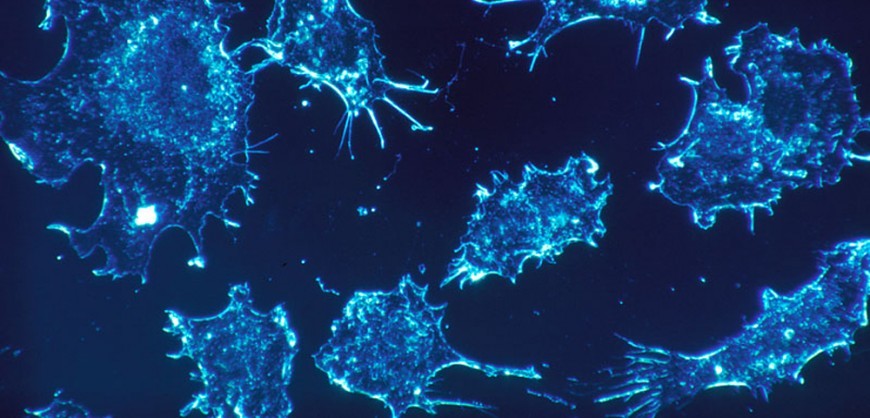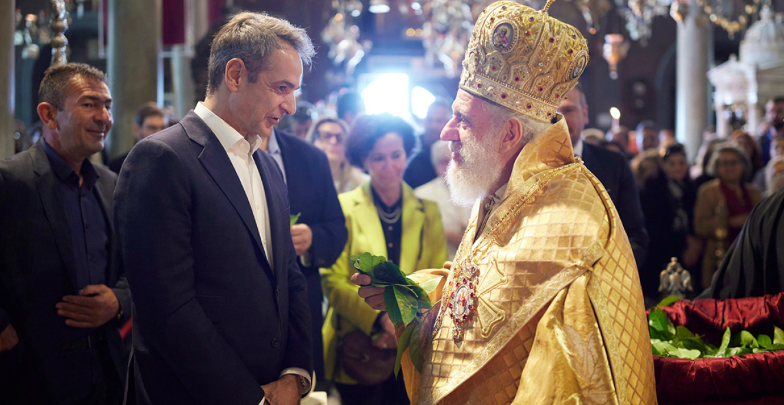Scientists have taken a “very positive step” towards developing a universal vaccine against cancer that convinces the body’s immune system to attack tumours as if they were a virus.
This potential vaccine basically works by shooting tiny ‘darts’ containing pieces of RNA extracted from the patient’s cancer cells at the body’s own immune system, convincing them to attack on any tumours they come across, as Science Alert says.
By just changing the RNA inside those darts, the team can, in theory, mobilise the immune system against any kind of cancer. “[Such] vaccines are fast and inexpensive to produce, and virtually any tumour antigen can be encoded by RNA,” the team, led by researchers at Johannes Gutenberg University of Mainz in Germany, reports in Nature.
The results from early trials in humans, along with research in mice, suggest that the new technique could be used to activate patients’ immune systems against any type of tumour, no matter where it is in the body.
The team trialled a version of the vaccine in three patients with melanoma and in each case, strong immune responses against the cancer were seen, although the early stage trial was not designed to measure the treatment’s effectiveness.
Moreover, the vaccine causes limited flu-like side-effects in contrast to the extreme sickness caused by chemotherapy.
Professor Alan Melcher, of the Institute of Cancer Research, said: “Immunotherapy for cancer is a rapidly evolving and exciting field. This new study, in mice and a small number of patients, shows that an immune response against the antigens within a cancer can be triggered by a new type of cancer vaccine.
“Although the research is very interesting, it is still some way away from being of proven benefit to patients.





































